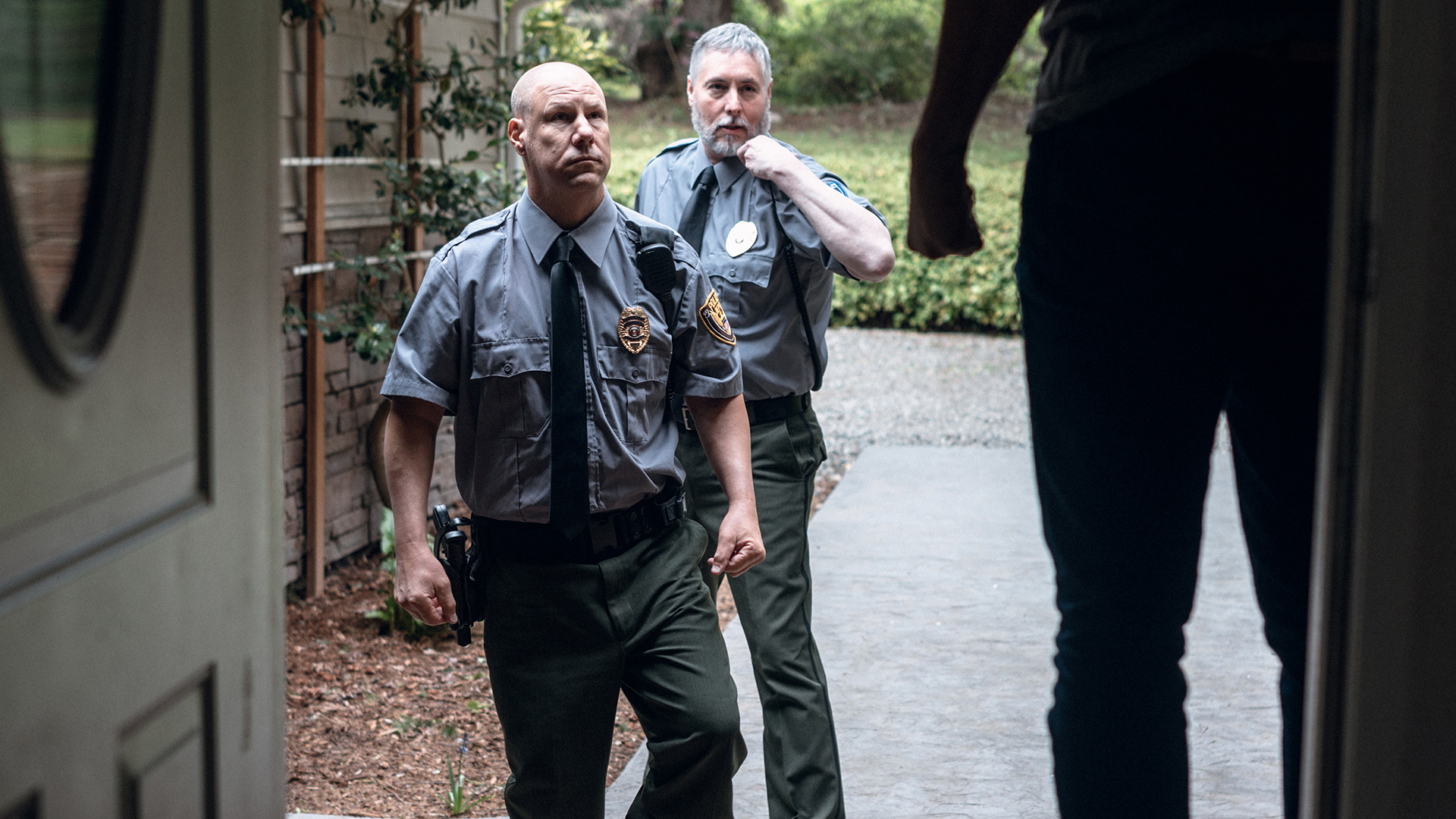[ad_1]

A domestic violence incident that claimed the lives of a woman and her teenage son in Santa Fe last fall has spurred a New Mexico lawmaker to propose a bill to require advanced domestic violence training for police officers.
Representative Alan Martinez recently announced his plans to introduce the bill amid discussions revolving around the domestic violence incident in which Jose Adrian Roman allegedly murdered his ex-girlfriend, Carmen Navarrete, and her 15-year-old son in their Santa Fe home.
Court documents reveal a history of violence between the couple, leading Navarrete to file a restraining order against Roman. Tragically, she lost her life four days after obtaining the order.
Martinez said he was determined to prevent similar incidents in the future.
“If we can do something to prevent this from happening again, then we need to do that,” Martinez stated.
The proposed bill is set to allocate funds for advanced law enforcement training focused on handling violent offenders in domestic violence and stalking cases.
Martinez plans to initially request $100,000 to train every law enforcement officer in Sandoval County.
The goal is to demonstrate the effectiveness of this training by reducing instances of further violence, paving the way for statewide implementation.
“This is about New Mexico and making New Mexico safer and saving people’s lives,” Martinez said.
Court documents in the aforementioned case indicate that Roman was wanted for a felony warrant related to allegations of violence against Navarrete.
Paul Szych, a public safety expert working with Martinez on the bill, noted that Roman’s prior behavior should have triggered a high threat assessment.
“When you’re trying to anticipate behaviors before incidents occur, when you’re trying to proactively mitigate threats against a targeted group of individuals, you need specialized training skills and abilities to do that,” Szych said.
Both Szych and Martinez advocate for a shift from the current approach to domestic violence cases, which they describe as reactive, basic and inadequate in protecting victims.
The proposed training aims to empower law enforcement officers to proactively anticipate and address potential threats.
“To engage in activities and dialogue and interactions with the offender that would cause them to go in another direction,” Szych explained.
Martinez echoed this idea.
“We can get a step ahead and instead of being reactionary all the time, we can actually be proactive and save somebody’s life,” he said.
While the bill has not been finalized, Martinez anticipates its completion sometime in January.
[ad_2]




